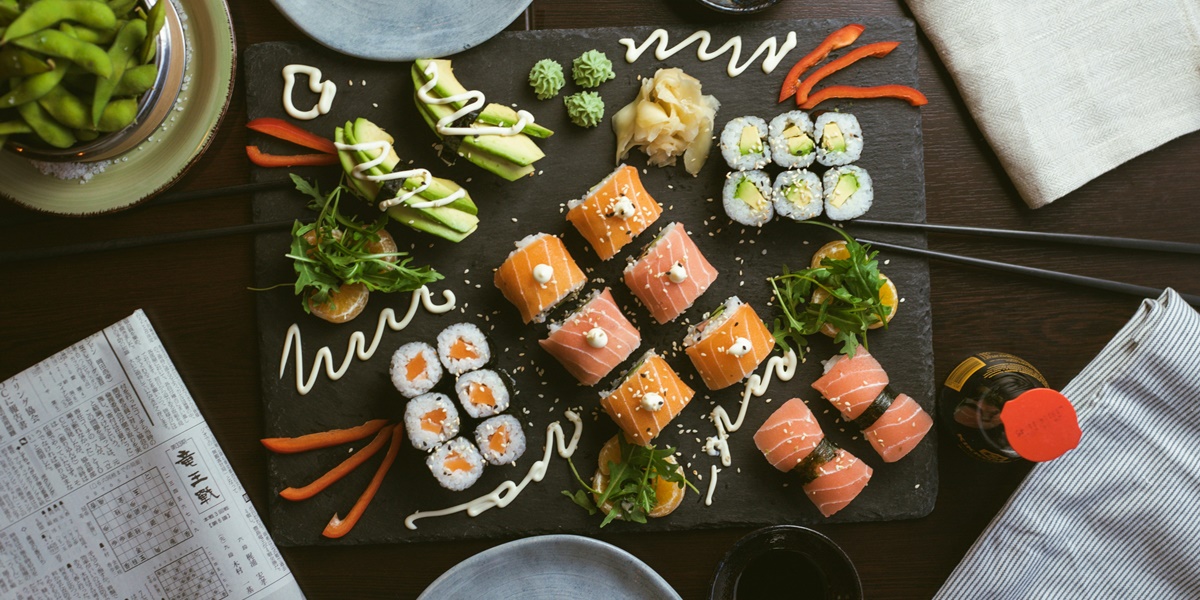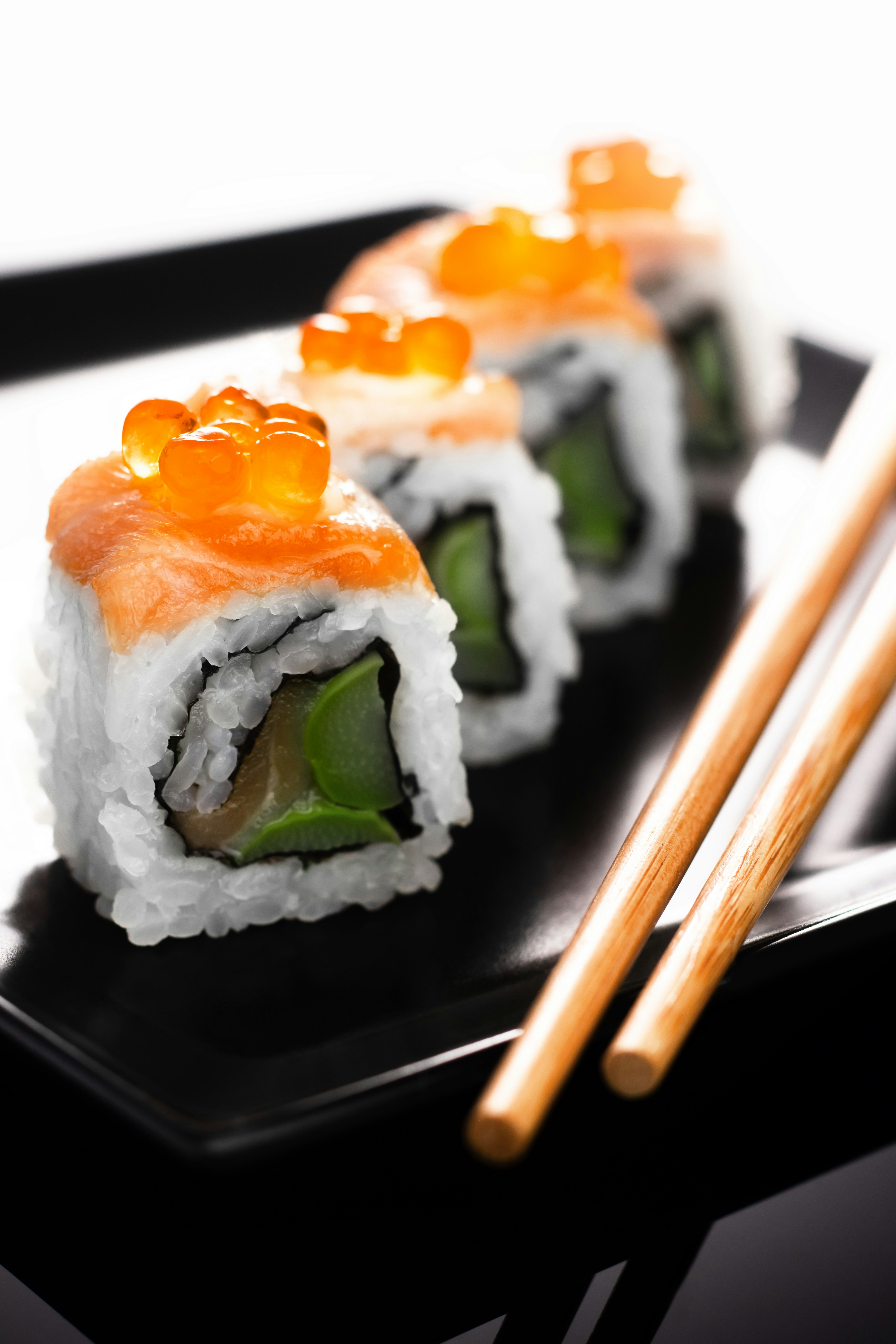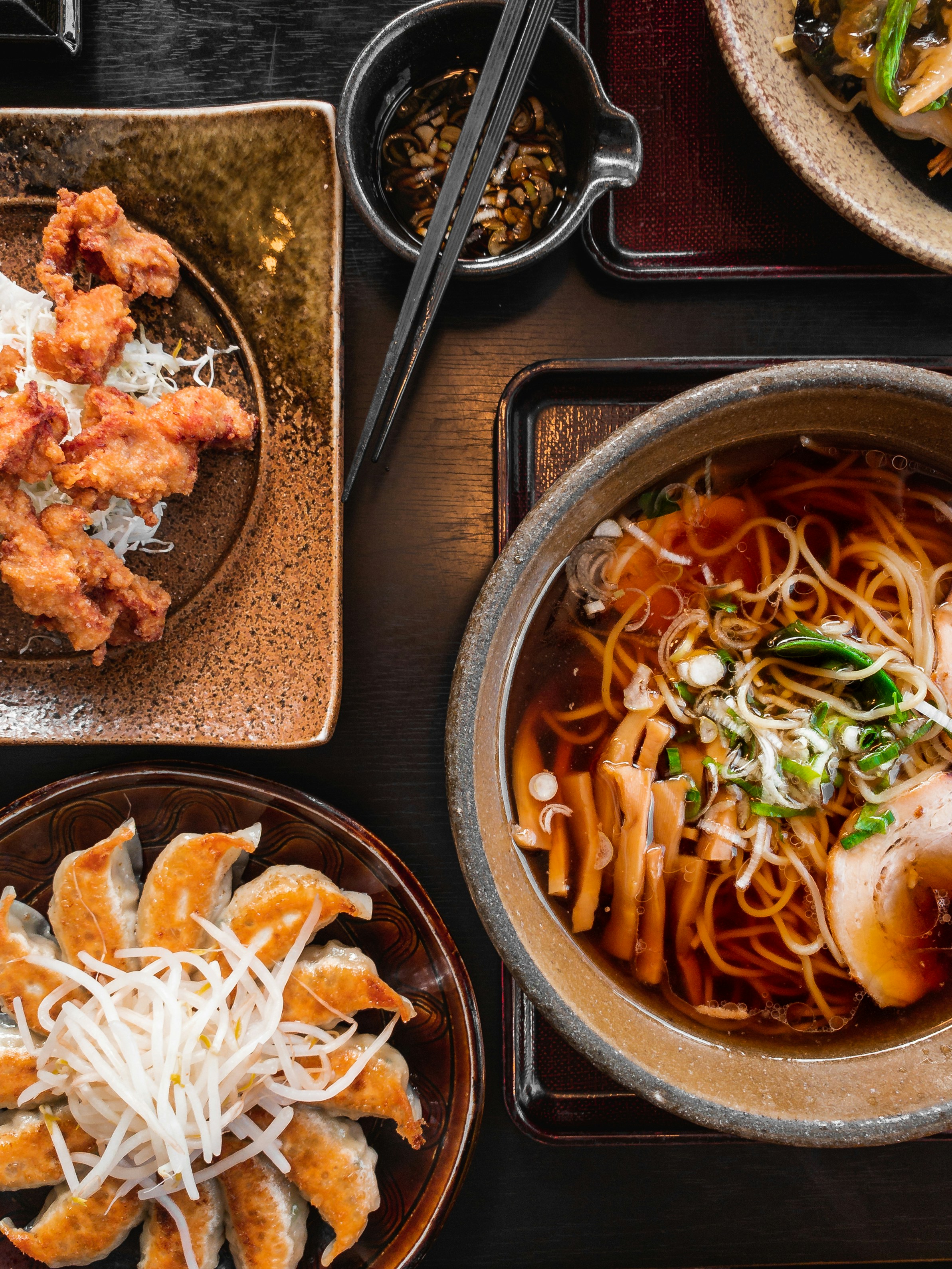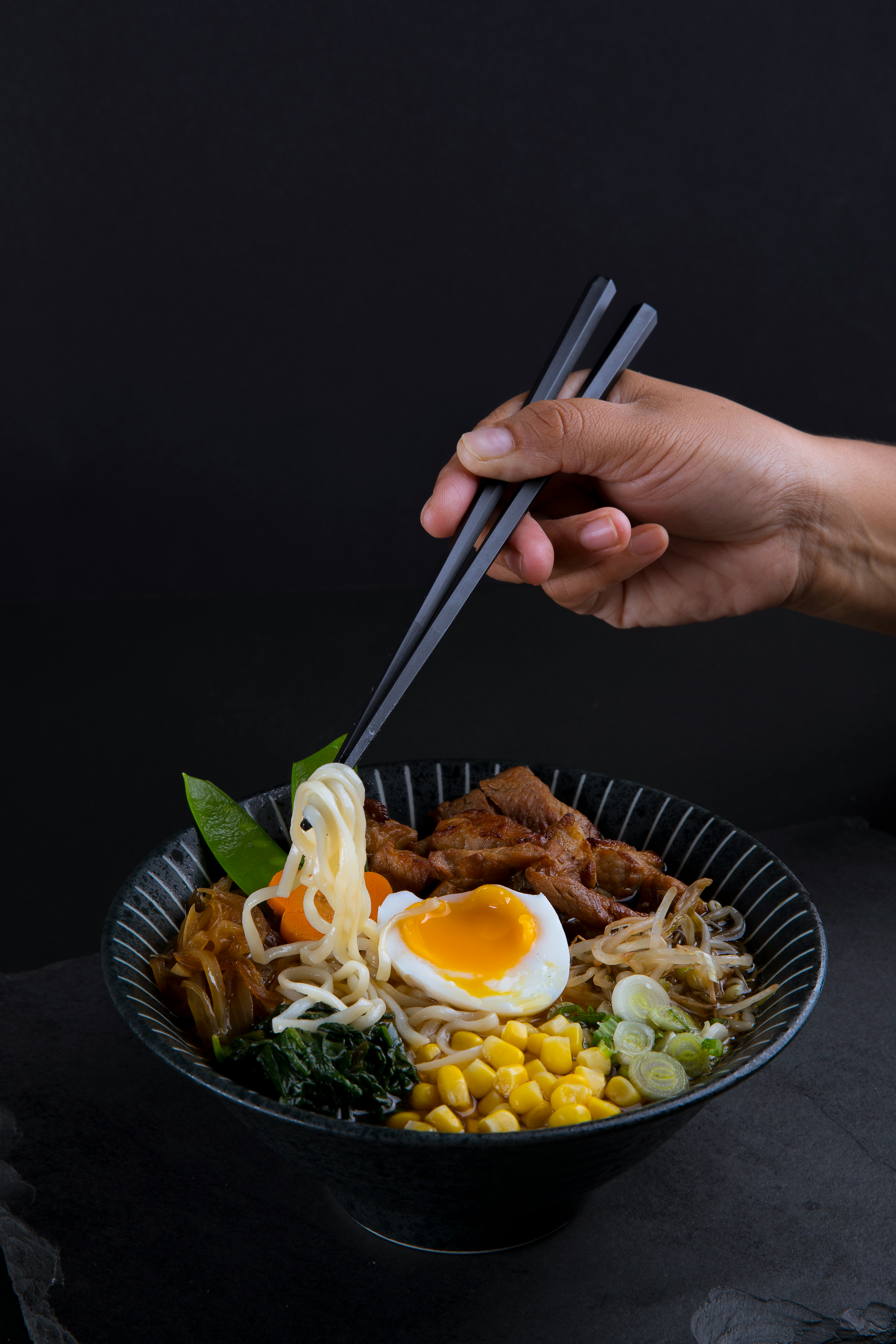Synopsis Anime KOMI CAN'T COMMUNICATE Season 1 and 2, the Story of a Beautiful High School Girl who Struggles to Talk to Others
Here is the synopsis of anime KOMI CAN'T COMMUNICATE season 1 and 2 that you can read before watching the anime.

Kapanlagi.com - Everything related to Japan is so popular nowadays, including its food. There are many Japanese dishes that are loved for their deliciousness and unique taste. Various Japanese dishes such as sushi, ramen, and tempura have become favorite dishes for many people. "Delicious" might be the word that best describes Japanese food. But how do you say delicious food in Japanese?
Saying that food is delicious can be a meaningful compliment for the person who cooks or serves it. Therefore, saying delicious in Japanese when eating at a Japanese restaurant is a simple but meaningful thing for the chef or server.
In the Japanese language itself, there are several ways to say that food is delicious. The choice of the right word to express the delicious taste of food in Japanese also reflects a rich and profound culinary culture. Well, to understand it further, let's take a look at the following review:

Japanese Delicious is Oishii (credit: unsplash)
One of the most commonly used words to express delicious food in Japanese is "oishii". We may have often heard this word in Japanese restaurants. This word is simple and easy to remember, so it is often used to express liking for food.
Regarding its usage context, the Japanese word for delicious "oishii" can be used in both formal and non-formal situations. So, whether it's a formal banquet or a casual meal with friends, we can use the word "oishii" to praise the taste of the food served.
Examples in sentences:
1. "Kore wa oishii desu! (meaning: This food is delicious!)
2. "Kono resutoran no tabemono ga totemo oishii desu." (meaning: The food at this restaurant is very delicious.)
3. "Okaasan no ryori wa itsumo oishii." (meaning: Mother's cooking is always delicious.)

Japanese Delicious is Umai (credit: unsplash)
Another word that can be used to express delicious food is "umai". Besides meaning 'tasty', the word "umai" can also mean 'delicious', 'expert', 'good', and 'fortunate'. However, because it is more often used to describe eating food, the word "umai" is more commonly interpreted as 'delicious' or 'tasty'.
The word "umai", which means delicious or tasty in Japanese, is also often pronounced as "umee". Although it may sound slightly different, "umai" and "umee" still have the same meaning of 'delicious' or 'tasty'. Both "umai" and "umee" can be used to praise the taste of Japanese cuisine.
In terms of context, the word "umai" or "umee" tends to be used in non-formal situations. It is often spoken in everyday conversations or during relaxed meals together.
Examples in sentences:
1. "Ebi tempura wa umai desu!" (meaning: This shrimp tempura is delicious!)
2. "Ramen-ya no noaudo wa umai!" (meaning: The ramen noodles at this restaurant are delicious!)
3. "Kono dezaato wa umai kedo, takai." (meaning: This dessert is tasty, but expensive.)

Other Tastes in Japanese (credit: unsplash)
In addition to "oishii" and "umai" which describe delicious taste, in Japanese language, each flavor also has its own term. Here are some vocabulary related to food flavors in Japanese that are important to know:
1. Sour = suppai
2. Salty = shoppai
3. Soft = yawarakai
4. Tasteless = mumi
5. Hard = katai
6. Delicious = oishii
7. Tasty = umai
8. Sweet = amai
9. Spicy = karai
10. Bitter = nigai
11. Thick = koi
12. Cold = tsumetai
13. Hot = atsui
14. Fresh = shinsen
15. Feel = kanjiru
Those are some reviews related to delicious Japanese language and examples of their use in sentences. Hopefully it is useful and can broaden your knowledge!
(kpl/psp)
Cobain For You Page (FYP) Yang kamu suka ada di sini,
lihat isinya
Here is the synopsis of anime KOMI CAN'T COMMUNICATE season 1 and 2 that you can read before watching the anime.
For those of you who want to watch the anime KURO NO SHOUKANSHI. Here is the complete synopsis of the anime KURO NO SHOUKANSHI along with the list of its cast.
From classic fairy tales to ancient legends, cultural heritage and mythology are often told in Disney films. Here is a list of Disney films containing cultural and mythological elements that are exciting to watch.
Through complex storylines and charming characters, viewers can witness Chinese dramas that recommend rekindled love. Here are the recommendations KLovers.
From unexpected encounters to fighting together against obstacles, here are Disney film recommendations about friendship.
There are several exciting and heartwarming Indonesian films released in March, April, and even May 2024. Check out the recommendations here, KLovers.
In the world of anime, there are various powers typically displayed by characters, one of which is archery. And here is a list of cool and amazing anime characters with archery powers.
In the world of anime, the existence of knights is often a key element in the story. And here are some exciting anime recommendations about knights for you to follow.
The anime world has a variety of characters with extraordinary powers, such as some of the strongest anime characters on earth listed below.
In early February 2024, Walt Disney Animation released a teaser for MOANA 2 on their Youtube channel. Here are the synopsis and facts for you KLovers.
Interested in watching Korean dramas about freedom? If so, check out the following list of recommendations and brief reviews.
There are many exciting horror anime with zombie themes that make your heart beat fast. Here are the recommendations for you KLovers.